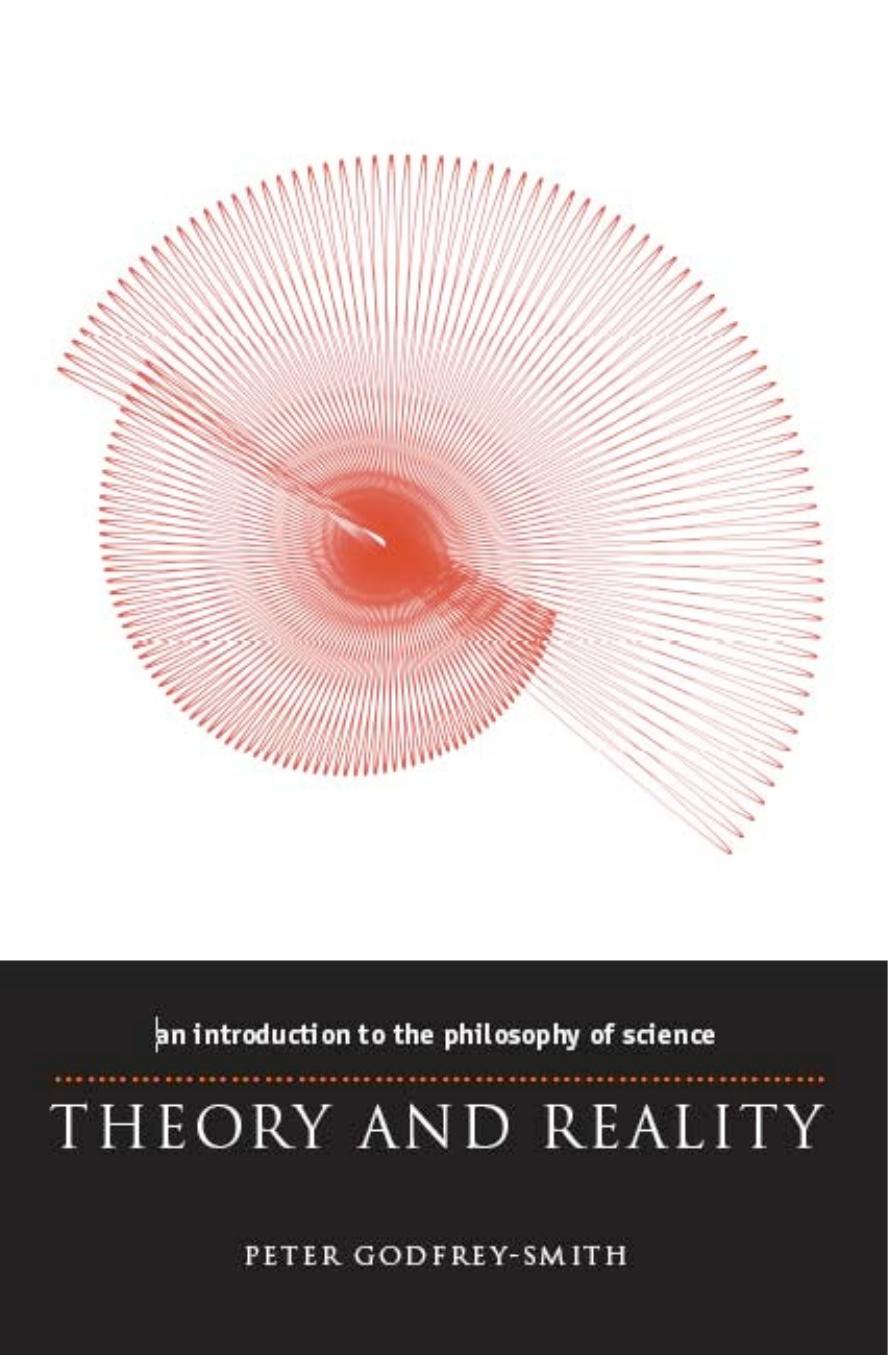Theory and Reality: An Introduction to the Philosophy of Science by Peter Godfrey-Smith

Author:Peter Godfrey-Smith
Language: eng
Format: mobi, pdf
Published: 2010-07-04T16:15:00+00:00
For example, Donald MacKenzie (1981) argued that the development of some of the most important ideas in modern statistics should be understood in terms of the role these tools had in nineteenthcentury English thinking about human evolution and its social consequences. That connection went partly via the program of eugenics, the attempt to influence human evolution by encouraging some people to breed and discouraging others from doing so. MacKenzie argued that a body of biological, mathematical, and social ideas was well matched to the "interests" of the ambitious, reformist English middle classes. So he was asserting some kind of link between the popularity of specific scientific and mathematical ideas, on the one hand, and broader political factors on the other. What kind of link was this supposed to be? MacKenzie was cautious. When links are made between specific scientific ideas and their political context, the sociologist of science is quick to say that no simple determination of scientific thinking by political factors is being alleged. Sometimes metaphorical terms like "reflect" are used; scientific ideas will "reflect the interests" of a social group. Certainly it can sometimes be shown that the popularity of a scientific idea benefits a social group. But is this benefit supposed to explain the popularity of the scientific idea, or not? If so, is the explanation supposed to be a causal explanation, albeit a qualified one, or some other kind of explanation? This has been the source of some obscurity, but the issue of causal analysis in complex social systems is often very difficult. Some kind of explanation is intended, though.
This work on scientific ideas and "interests" antagonized conventional philosophers and historians, but it antagonized not only the "old farts." Even Kuhn was critical of it. Although Kuhns work is always cited by those seeking to tie science to its broader political context, Structure did not have much to say about the influence of "external" political life on science. Kuhn analyzed the "internal" politics of science-who writes the textbooks, who determines which problems have high priority. But he saw an insulation of scientific decision making from broader political influences as a strength of science. Despite his status as a hero, Kuhn did not like the more radical sociology of science that followed him.
The strong program is also often associated with relativism. Many sociologists accepted this label, but we need to be careful. There are so many definitions of relativism floating around that the sense of relativism embraced by the sociologists need not be the same as that used by commentators and critics. The forms of relativism that are important here concern standards of rationality, evidence, and justification. Basically, relativism in this context holds that there is no single set of standards entitled to govern the justification of beliefs. The applicability of such standards depends on one's situation or point of view (see also glossary and section 6.3). In this sense, the strong program does tend to be relativist. It holds that science has no special authority that extends beyond all local norms.
Download
Theory and Reality: An Introduction to the Philosophy of Science by Peter Godfrey-Smith.pdf
This site does not store any files on its server. We only index and link to content provided by other sites. Please contact the content providers to delete copyright contents if any and email us, we'll remove relevant links or contents immediately.
| Anthropology | Archaeology |
| Philosophy | Politics & Government |
| Social Sciences | Sociology |
| Women's Studies |
The remains of the day by Kazuo Ishiguro(8975)
Tools of Titans by Timothy Ferriss(8365)
Giovanni's Room by James Baldwin(7326)
The Black Swan by Nassim Nicholas Taleb(7106)
Inner Engineering: A Yogi's Guide to Joy by Sadhguru(6785)
The Way of Zen by Alan W. Watts(6600)
Asking the Right Questions: A Guide to Critical Thinking by M. Neil Browne & Stuart M. Keeley(5759)
The Power of Now: A Guide to Spiritual Enlightenment by Eckhart Tolle(5752)
The Six Wives Of Henry VIII (WOMEN IN HISTORY) by Fraser Antonia(5497)
Astrophysics for People in a Hurry by Neil DeGrasse Tyson(5182)
Housekeeping by Marilynne Robinson(4436)
12 Rules for Life by Jordan B. Peterson(4299)
Double Down (Diary of a Wimpy Kid Book 11) by Jeff Kinney(4261)
Ikigai by Héctor García & Francesc Miralles(4246)
The Ethical Slut by Janet W. Hardy(4242)
Skin in the Game by Nassim Nicholas Taleb(4239)
The Art of Happiness by The Dalai Lama(4125)
Skin in the Game: Hidden Asymmetries in Daily Life by Nassim Nicholas Taleb(3989)
Walking by Henry David Thoreau(3953)
